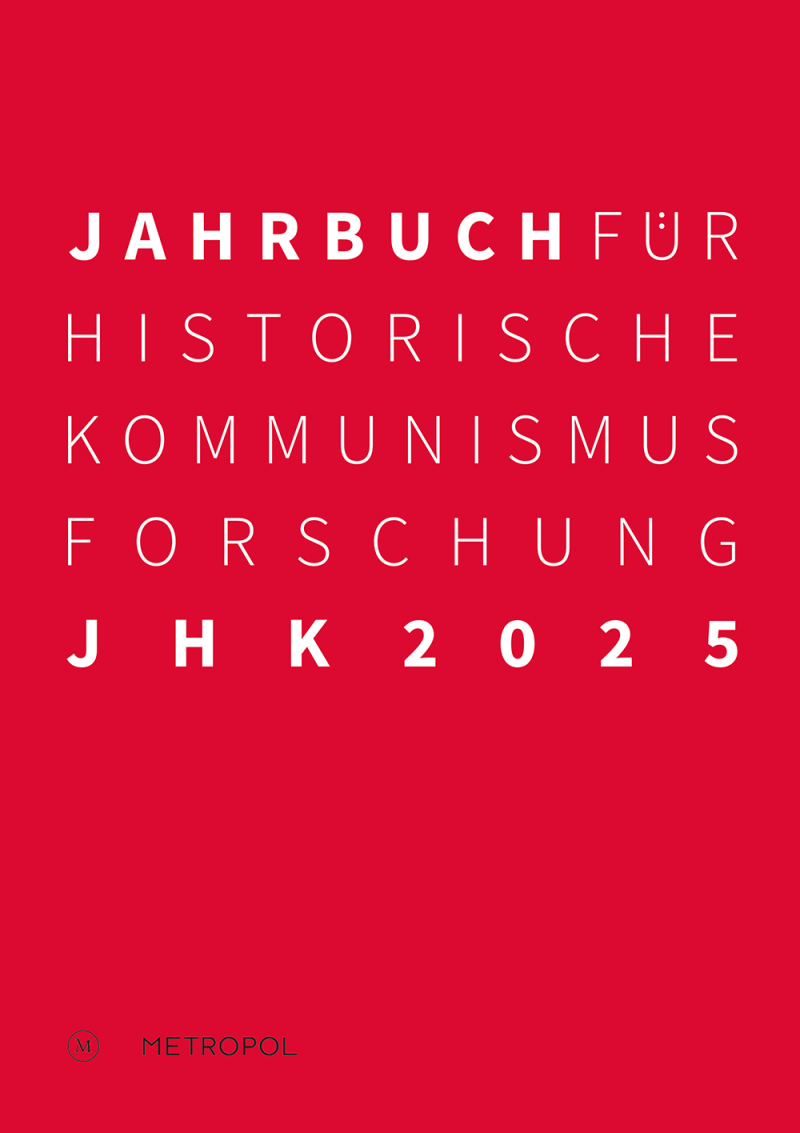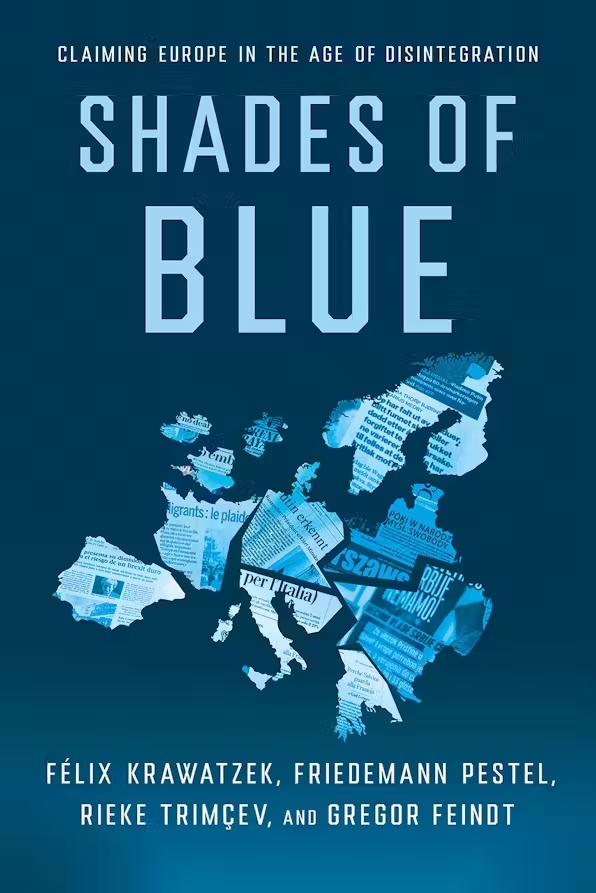Tabea Nasaroff
PhD Student
Albert-Ludwigs-Universität Freiburg
Department of History
Professur für Neuere und Neueste Geschichte Westeuropas
79085 Freiburg im Breisgau
Email: t.nasaroff@gmx.de
CV
| 2013-2018 | Humboldt-Universität zu Berlin (B.A.) |
| 2017-2018 | University of Edinburgh (Erasmus scheme) |
| 2017-2020 | Humboldt-Universität zu Berlin (M.A.) |
| 2015-2020 | Tutor at the Historical Institute at Humboldt-University zu Berlin |
| 2016-2020 | Student Assistant at the Chair of East European History, Prof. Dr. Jörg Baberowski at Humboldt-Universität zu Berlin |
| 2016-2020 | Student Assistant at the Research Section “History of the West”, Prof. Dr. Heinrich August Winkler at Humboldt-Universität zu Berlin |
| Since 2020 | PhD-Student at the Chair for Modern European History, Prof. Dr. Jörn Leonhard at University of Freiburg |
Grants and Scholarships
| Since 2020 | PhD-Scholarship from the Gerda Henkel Foundation |
| Oct. – Nov. 2022 | Short-Term Fellowship from the GHI Washington, D.C. |
| Mar. – May 2023 | Gerd Bucerius Scholarship from the ZEIT-Foundation Ebelin and Gerd Bucerius |
| 2023 | Funding for Archival Research from the Wissenschaftliche Gesellschaft Freiburg im Br. |
Research Project
Surveyors and Purveyors of Democracy. Political Scientists and the Public Sphere in the Federal Republic of Germany (1949–1989)
Political and social scientists made a significant contribution when it came to the question of establishing and maintaining the acceptance of the West German democracy amongst the population. In the role of public intellectuals, they sought to provide the people with a specific repertoire of political knowledge and democratic values. This occurred against the backdrop of an ongoing exchange with their North American counterparts, who themselves had a particular interest in the development of the second German democracy. Especially the first generation of these “democratic scholars” in the Federal Republic was strongly influenced by their very own biographical experiences of exile and the educational aspirations of the United States after the Second World War. However, transatlantic exchanges also played a key role for those who had remained in Nazi Germany during the war as well as for successive generations of political scientists. This was a highly dynamic relationship, which was profoundly shaped by the ideological contest within the context of the Cold War. The PhD project will address the following questions: First, how scholars’ approaches to democratic education were shaped by ideas and methods subjected to transcultural exchanges; second, how these imported categories were presented in West German media; third, how they changed in their practical implementation. Finally, the project examines the modes of interaction that democratic scholars, in the guise of “media intellectuals” (Axel Schildt), devised for the purpose of political communication. In the public arena of a representative democracy, these modes were of particular significance when reaching out to groups that were not only objects of inquiry, but also targets of their educational endeavors. By examining the various reactions and responses to such educational ambitions, the project provides new perspectives on democratic realms of experience amongst the West German population that existed beyond the media discourse.





